The Mindsight Approach to Well-Being: A Comprehensive Course in Interpersonal Neurobiology by Dan Siegel
Check proof of content, here:
The Mindsight Approach to Well-Being: A Comprehensive Course in Interpersonal Neurobiology, see what’s included in this course:
The Mindsight Approach to Well-Being: A Comprehensive Course in Interpersonal Neurobiology, Free Download PDF Sample Below:
Overview this course
The Mindsight Approach to Well-Being: A Comprehensive Course in Interpersonal Neurobiology by Dan Siegel presents an academically grounded, practice-focused exploration of how relationships, the brain, and the mind co-create human flourishing. Interpersonal neurobiology (IPNB) is an integrative framework that synthesizes findings from neuroscience, attachment science, complexity theory, psychology, psychiatry, and contemplative traditions to illuminate the mechanisms of change in psychotherapy, coaching, education, and personal growth.
This course translates that integrative science into concrete skills—what Dr. Siegel calls “mindsight”—for enhancing integration across neural circuits and social systems so that individuals, families, teams, and communities can move toward greater resilience, clarity, and compassionate connection.
Rather than emphasizing a single modality, the program highlights principles that cut across approaches: the centrality of integration (linking differentiated parts into a coherent whole), the neuroplastic potential of experience, the role of attention and awareness in shaping neural firing and wiring, and the bi-directional interplay between embodied states and relational patterns. With an emphasis on reflective practice, the curriculum teaches learners to operationalize concepts such as window of tolerance, implicit memory, attachment repair, and state-dependent learning in daily clinical or coaching encounters.
The result is a course that equips professionals and serious self-learners with a shared language and set of tools to map symptoms, track shifts, and facilitate transformative change using a scientifically robust, compassion-infused lens. For those seeking an interpersonal neurobiology online course with a clear bridge from theory to practice, this program provides a comprehensive, stepwise pathway.
Why should you choose this course?
Selecting a professional learning pathway requires balancing intellectual rigor, practical utility, and ethical sensitivity. This course distinguishes itself on each criterion:
-
Interdisciplinary rigor, unified by integration. IPNB gathers validated insights from multiple fields—affect regulation, developmental science, embodied cognition, network neuroscience—and frames them in a coherent model. Learners gain meta-level concepts that apply across modalities, avoiding theoretical silos while keeping fidelity to empirical research. This integration-first stance is ideal for practitioners who must translate complex science into humane, context-sensitive interventions.
-
A mindsight framework that is skill-based. Beyond information density, the training emphasizes repeatable, observable skills. The Dan Siegel mindsight framework operationalizes attention training, interoceptive awareness, naming and taming affect, and linking domains of integration (e.g., bilateral, vertical, memory, narrative, interpersonal, temporal). The net effect is a toolkit for assessing and enhancing integration in real time.
-
Clinical relevance from day one. Case vignettes, process maps, and decision points show how to use concepts with diverse presentations—anxiety, depressive spirals, trauma-related dissociation, relational ruptures, and burnout. This is not abstract neuroscience; it is evidence-informed well-being training for therapists and allied helpers who need actionable guidance under pressure.
-
Humanistic and ethical orientation. The course underscores compassion, cultural humility, and collaborative stance as mechanisms of change, not merely ideals. Learners are guided to notice power dynamics, structural stressors, and cultural context in case conceptualization, aligning science with lived experience.
-
Flexible, self-paced structure. As a self-directed neurointegration skills course, the material can be paced around practice demands, allowing iterative application, reflection, and refinement over time. This supports durable learning—consolidated through repetition and contextual use—rather than passive content consumption.
-
SEO-friendly relevance for modern practice. For professionals building a reputation in trauma-informed clinical practice or mindfulness-based neuroplasticity education, the Mindsight approach offers differentiated language and credible references that translate well to client-facing explanations and program design.
What You’ll Learn
The curriculum is organized to move from foundational models to advanced applications. Learners can expect the following outcomes and competencies:
-
Core IPNB Principles and the Science of Integration
Grasp how complexity theory frames health as a flexible, adaptive flow between chaos and rigidity—and how “integration” (linking differentiated parts) stabilizes that flow. Learn the eight domains of integration and how to assess them at intrapersonal, interpersonal, and systemic levels. This anchors a science-based mental well-being framework that supports precision in conceptualization and intervention. -
Mindsight and the Training of Attention
Develop mindsight practices that leverage attention as a regulatory lever: stabilizing awareness, widening the window of tolerance, and building meta-awareness of state shifts. Practice micro-interventions—breath tracking, interoceptive labeling, sensory grounding, and perspective-taking—that promote neural integration and emotional balance. -
Attachment, Development, and Repair
Translate attachment theory into moment-to-moment choices that cultivate secure functioning. Map attachment histories onto present dynamics, discern state-dependent reenactments, and utilize attunement, contingent communication, and rupture-repair sequences. This module strengthens a relationship-centered psychotherapy approach grounded in nuanced developmental understanding. -
Neurobiology of Trauma and Dissociation
Understand implicit memory encoding, salience network bias, and autonomic patterning in trauma. Apply titration, pendulation, and dual-awareness techniques to reduce overwhelm without losing contact with meaning-making. Integrate bottom-up somatic cues with top-down narrative reframing for trauma-sensitive counseling strategies that respect pace, consent, and choice. -
Narrative, Meaning, and Identity Integration
Use coherent narrative formation to link implicit and explicit memory streams. Explore how time integration and meaning-making recalibrate the default mode and task-positive networks, supporting flexible identity and purpose. This aligns with compassion-focused resilience building and values-based behavior change. -
The Wheel of Awareness and Reflective Practices
Employ the Wheel of Awareness as a systematic way to differentiate the “hub” of knowing from the “spokes” of sensation, image, feeling, and thought. Learners cultivate both focused and open monitoring, enhancing insight, empathy, and neural plasticity. These practices form an experiential mindfulness protocol for clinicians and coaches that is adaptable across settings. -
Interpersonal Dynamics and Systems Thinking
Apply IPNB to couples, families, and teams: track interactional patterns, co-regulation failures, and feedback loops. Use integration language—linkage without fusion, differentiation without disconnection—to design interventions that honor individuality while strengthening connection. This supports organizational well-being programs and trauma-informed leadership development. -
Assessment, Ethics, and Cultural Humility
Integrate ethical reflection into every step: informed consent, scope of practice, cultural responsiveness, and attention to systemic inequities. Learn to conduct context-sensitive case formulation that foregrounds safety, dignity, and collaboration. -
Implementation Maps and Progress Tracking
Translate theory into treatment roadmaps and coaching plans. Create observable markers for integration (e.g., increased flexibility, coherence, adaptability) and use session-to-session micro-metrics to track change. Learners leave with practical interpersonal neurobiology tools for documentation, supervision, and outcomes reflection. -
Personal Practice for Professional Sustainability
Develop a burnout prevention plan for therapists and helpers that interweaves mindsight, self-compassion, and boundary clarity. The course helps professionals embody the same integration they facilitate in others—an essential safeguard for ethical, sustainable practice.
Who Should Take This Course?
The program is designed for a broad yet clearly defined audience that benefits from an integration-focused, evidence-informed lens:
-
Mental health clinicians: psychologists, counselors, psychotherapists, psychiatrists, marriage and family therapists, and clinical social workers seeking an interpersonal neurobiology certificate-style learning experience (self-paced) that sharpens conceptualization and intervention skill.
-
Coaches and facilitators: executive, life, and health coaches wanting neuroscience-informed coaching skills to support behavior change, resilience, and values alignment.
-
Healthcare professionals: physicians, nurses, occupational therapists, and allied health providers integrating mind–body medicine and patient-centered communication into practice.
-
Educators and school counselors: those building social-emotional learning programs and trauma-sensitive classrooms, applying mindsight strategies for regulation and belonging.
-
Leaders and HR professionals: organizational developers designing evidence-based workplace well-being initiatives that improve communication, psychological safety, and team cohesion.
-
Mindfulness and yoga teachers: instructors who want science-backed mindfulness education to complement contemplative curricula with accessible neurobiological explanations.
-
Parents and caregivers: individuals motivated to apply attachment-informed parenting skills and compassionate discipline in family systems.
-
Advanced students and lifelong learners: those pursuing a foundational course in interpersonal neurobiology to integrate across disciplines and build a durable personal practice.
In each case, the unifying thread is a commitment to synthesizing rigorous science with humane, relationally attuned practice. If your work involves helping others navigate stress, trauma, conflict, or developmental transitions—or if you are building a client education library on mindsight and neuroplasticity—this course offers a common language and method for cross-context application.
Conclusion
The Mindsight Approach to Well-Being: A Comprehensive Course in Interpersonal Neurobiology by Dan Siegel articulates a rare balance of scientific depth and applied clarity. By centering integration as the marker of health—and mindsight as the method of change—the curriculum equips learners to understand and influence the dynamic, reciprocal dance of brain, mind, and relationships. The emphasis on attentional training, attachment-informed communication, trauma-sensitive pacing, and narrative coherence makes the material immediately relevant across therapy, coaching, education, healthcare, leadership development, and family life.
Importantly, the course models the very capacities it teaches: curiosity over certainty, connection over isolation, and coherence over fragmentation. Learners are invited to experience integration as they study it—strengthening attention, widening tolerance, and embodying compassion. The payoff is twofold: more effective outcomes for those you serve and a more sustainable, resilient professional self.
In an era that demands interdisciplinary fluency and ethical attunement, this program stands out as a long-tail, science-based well-being training that unites cutting-edge neuroscience with practical humane methods. For professionals and serious learners seeking a comprehensive interpersonal neurobiology online course with a clear bridge from theory to practice, the Mindsight approach offers a tested map and an accessible set of tools for creating meaningful, measurable change.

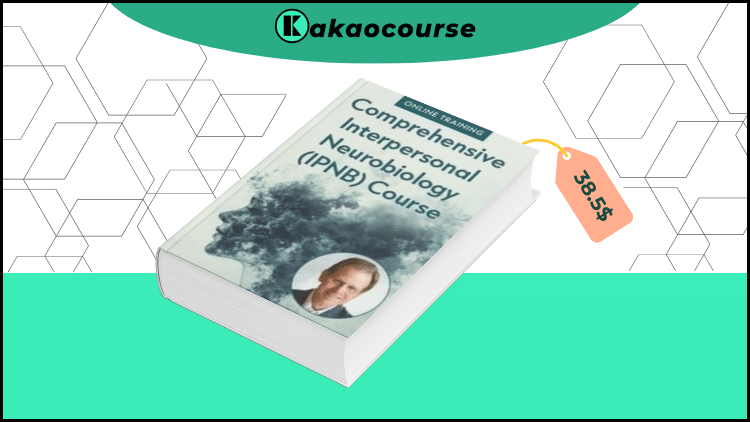

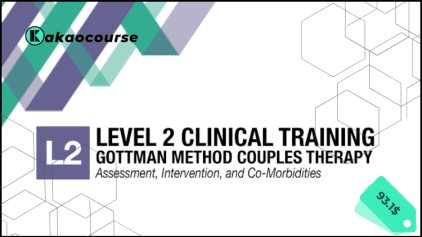
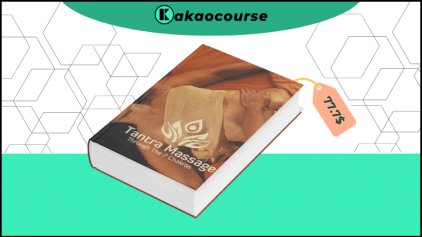

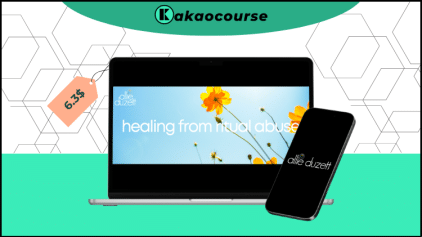

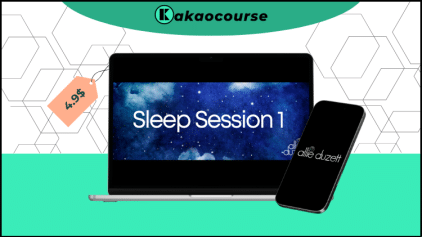
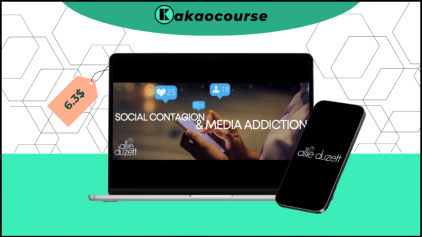
Reviews
There are no reviews yet.